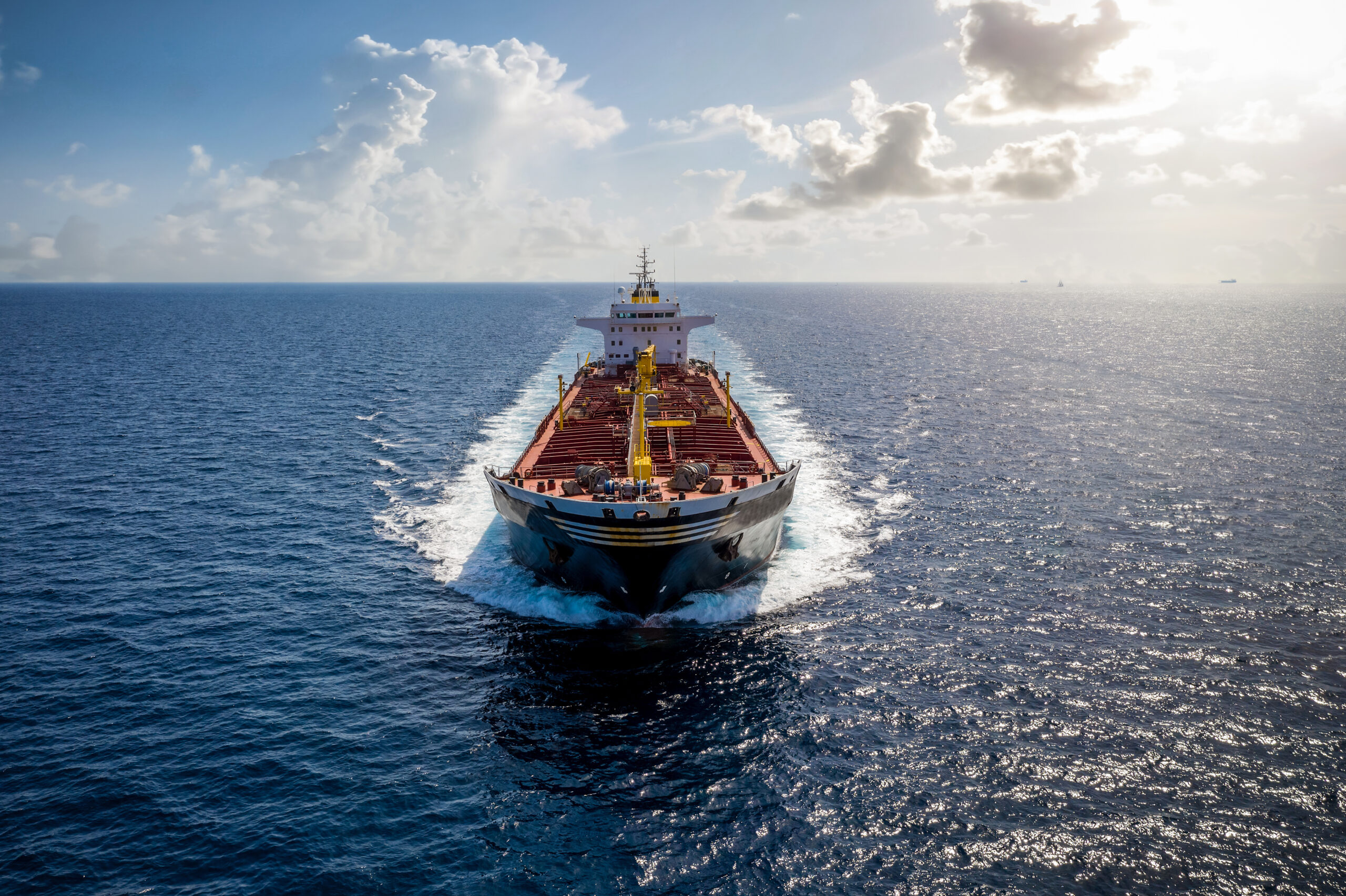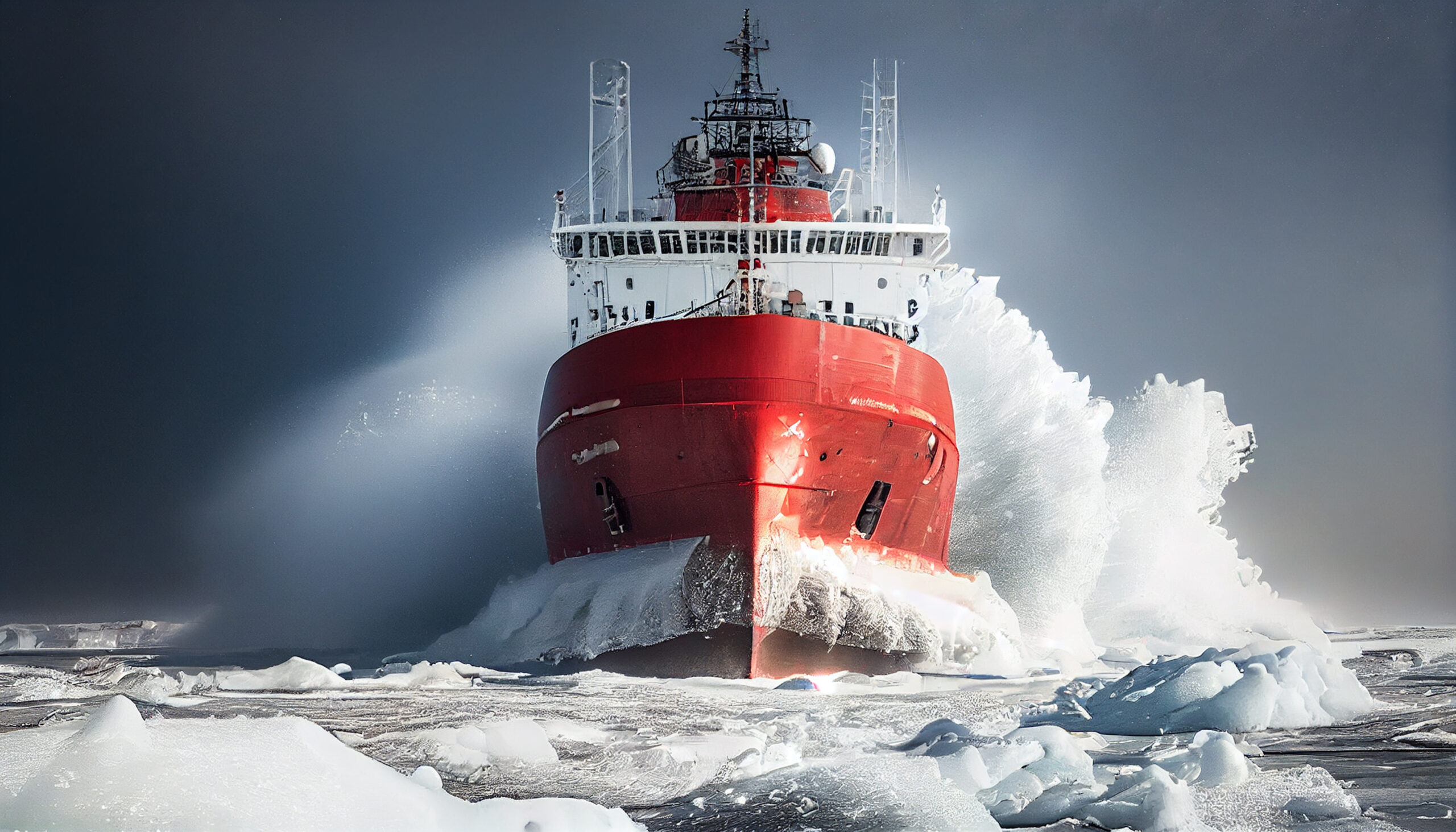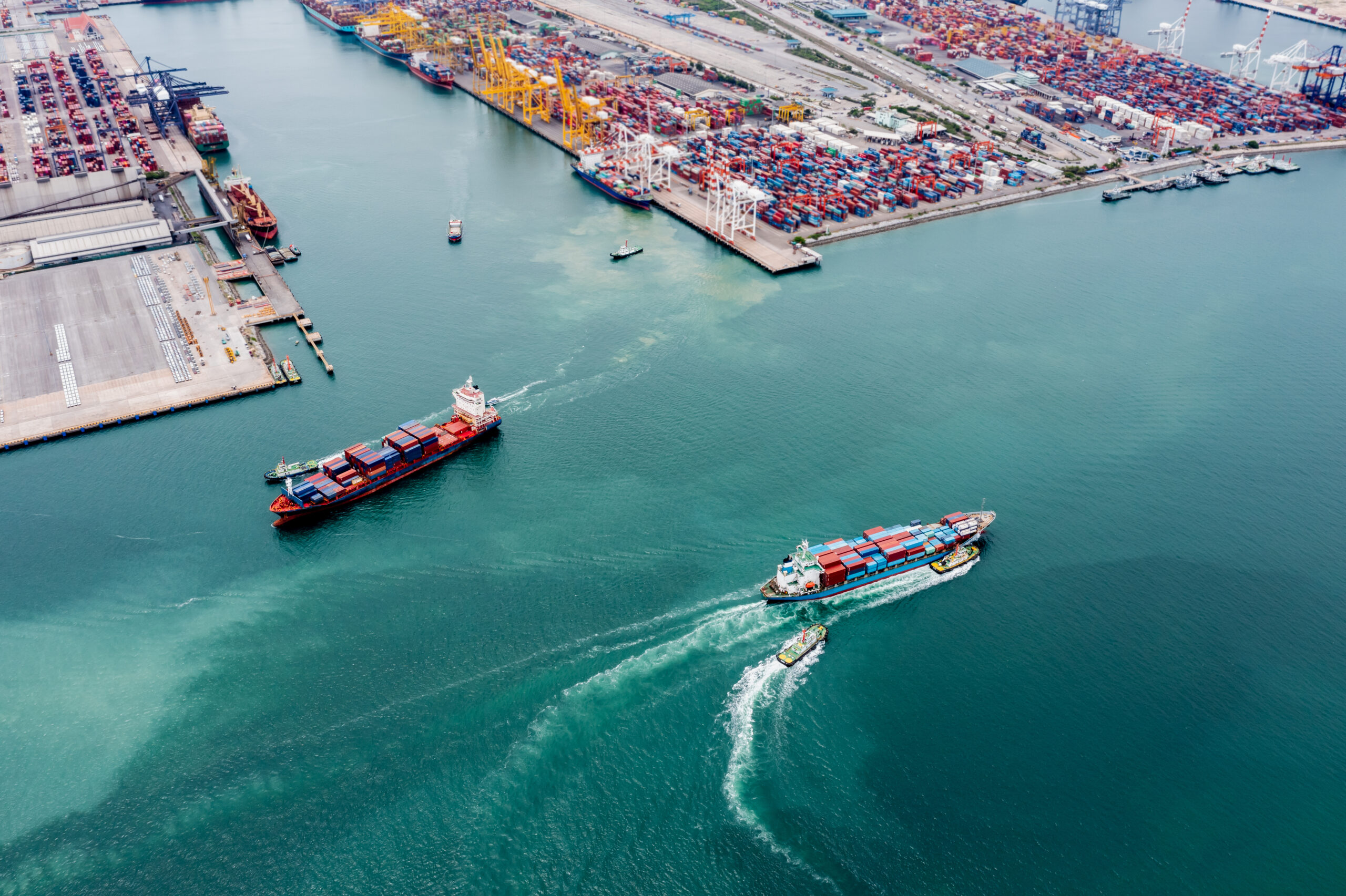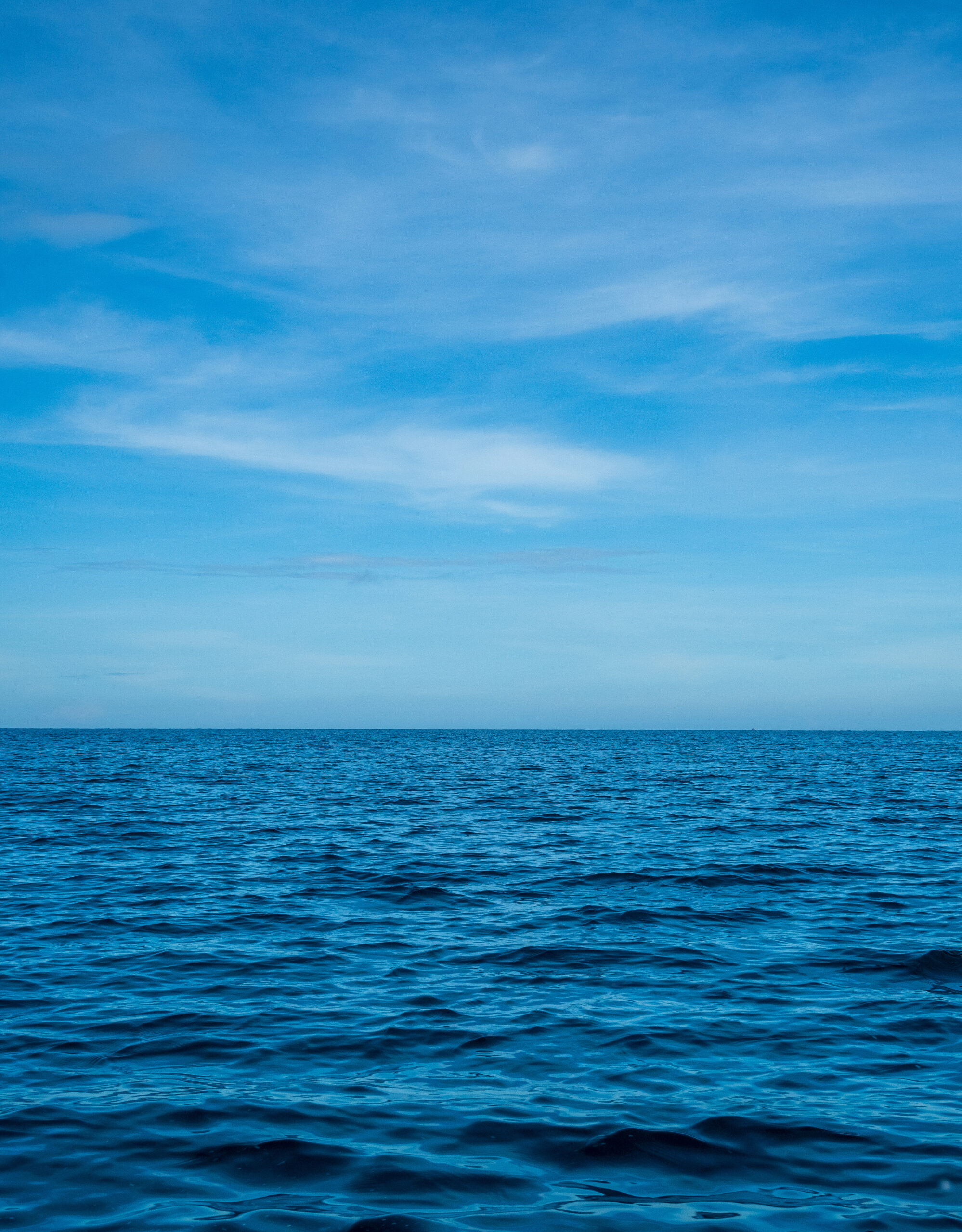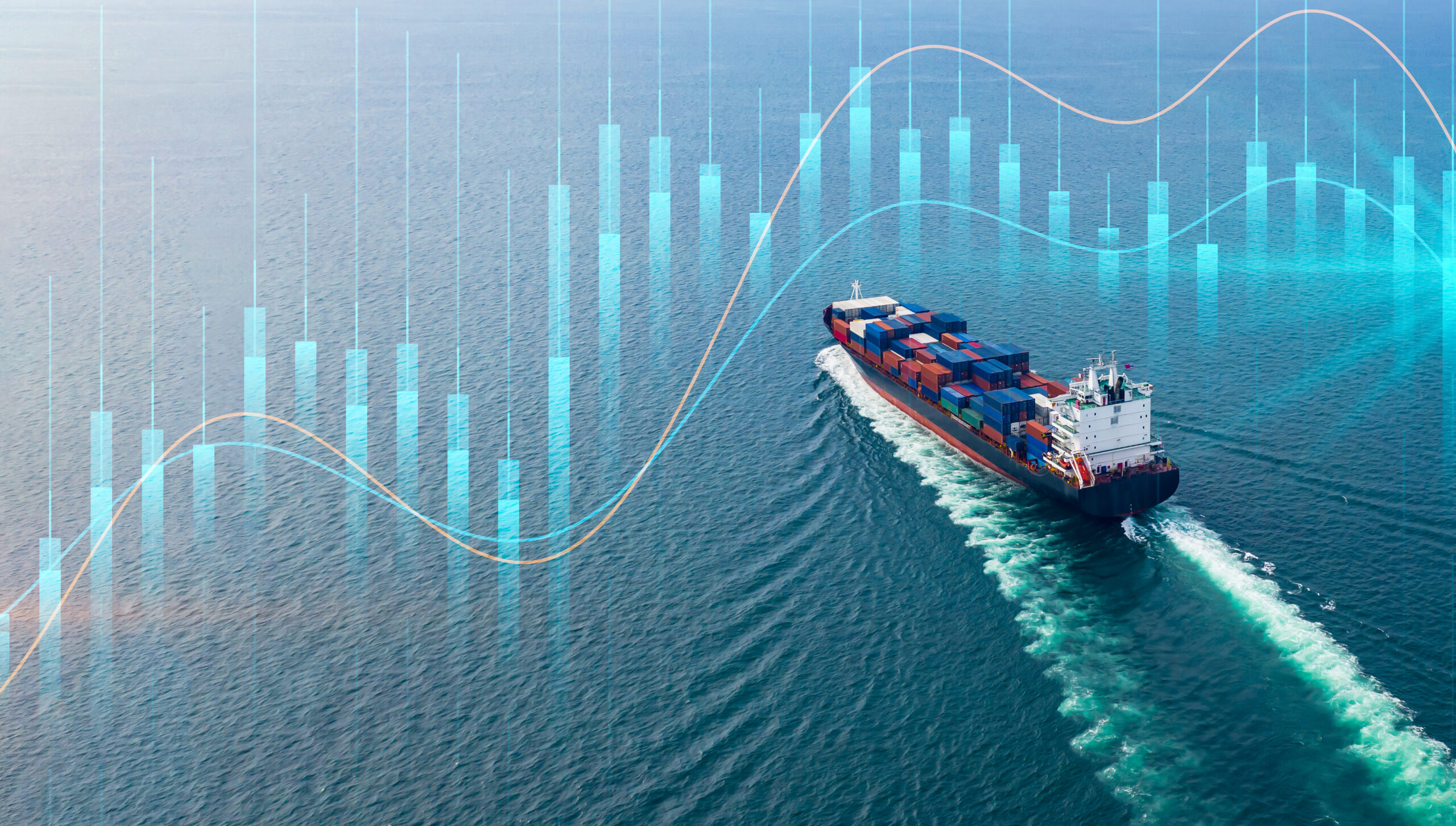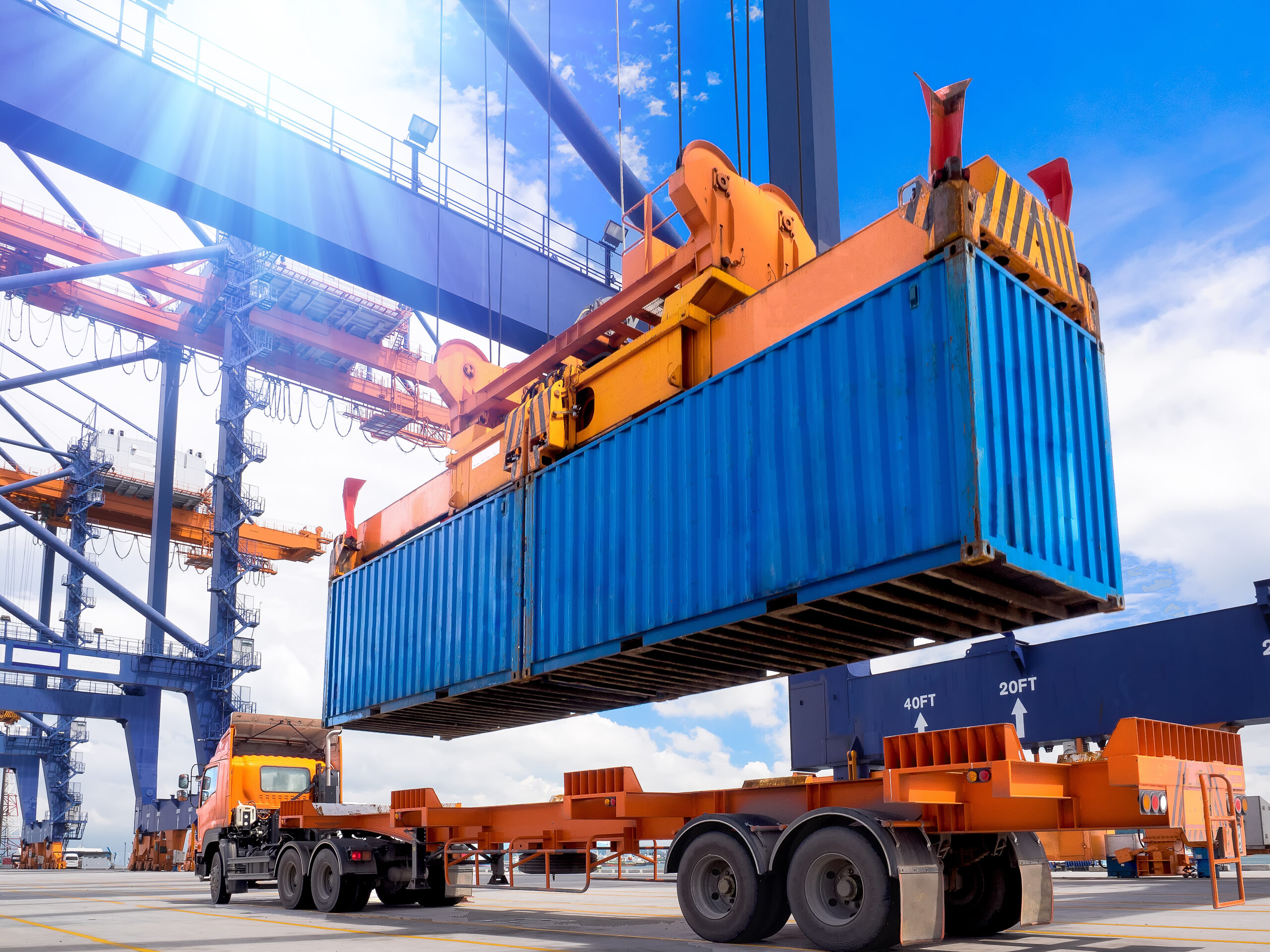
Integrated scheduling of gantry cranes, container trucks and yard cranes in on-dock railway operation areas at multimodal container ports
“Abstract
On-dock railway operation areas at sea-rail container ports play a crucial role in transferring containers between maritime and rail transportation systems. The operational efficiency of these areas depends on synchronizing rail and yard container handling equipment, including gantry cranes, container trucks, and yard cranes. However, time-sensitive container handling, seamless equipment coordination, and complex operational conflicts make multi-equipment scheduling a challenging decision-making problem. This study introduces an integrated scheduling method that both alleviates inter-equipment interferences and balances gantry cranes’ workloads. The underlying problem is formulated as a binary integer programming model using a novel space-time-state network. According to the specific model structure, a model reformulation method is proposed here to convert the original three-equipment scheduling model into a single-equipment scheduling version. Additionally, a Lagrangian relaxation-based heuristic is developed to efficiently solve the reformulated model. Numerical experiments are conducted to validate the effectiveness of the proposed solution approach under various instance settings and provide managerial insights into the problem. Computational results demonstrate that the effectiveness and efficiency of the proposed solution approach. Furthermore, the results also indicate that enhanced operational efficiency in the operation area can only be achieved when the railway and storage side handling capacities are well-matched.”
Xia, T., Wang, L, Zhang, Q., Dong, JX, Song, DP, Zhu, XN. (2024). Integrated scheduling of gantry cranes, container trucks and yard cranes in on-dock railway operation areas at multimodal container ports, IET Intelligent Transport Systems.
The full report is accessible via: https://doi.org/10.1049/itr2.12600
